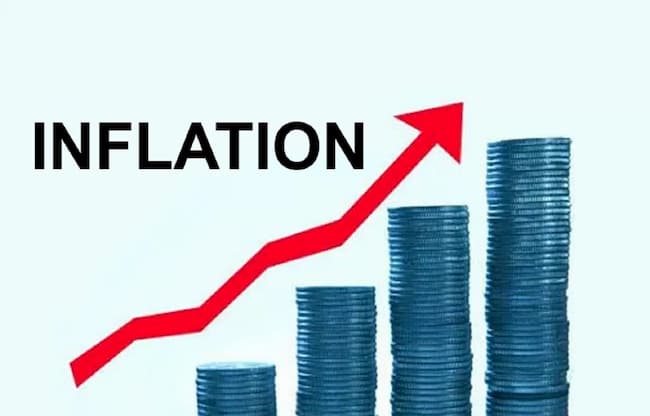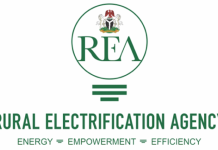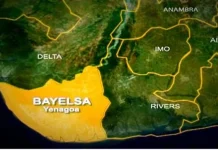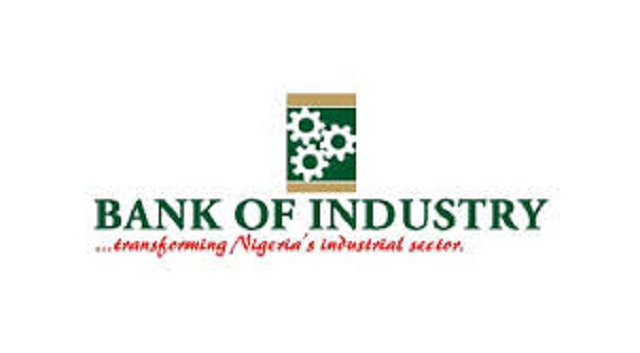Experts in the country have advised the government to address the insecurity in food-producing states to curtail the inflation rate.
In separate interviews on Tuesday, the Manufacturers Association of Nigeria, Nigeria Employers’ Consultative Association and an economist attributed the rising consumer prices to the high cost of food, transportation, and flooding in farming regions.
According to them, the heightened clash between herders and farmers clash has continued to push up food prices.
Nigeria’s headline inflation jumped to 16.47 percent in January 2021 as the coronavirus and insecurity continue to weigh on the economy.
According to the National Bureau of Statistics report released on Tuesday, the inflation rate was pushed up by galloping food prices as food inflation also rose to 20.57 percent in January, from 19.56 percent in December.
The Director-General, Manufacturers Association of Nigeria, Segun Ajayi-Kadir, said rising high inflation, perennially high-interest rates, and scarce/high rate of foreign exchange has compounded the downturn in the manufacturing sector.
He added the increase in the headline inflation from 15.75 percent to 16.47 percent was a threat to the expected recovery and the growth of the industrial sector.
“There is also the rise in food inflation which will compound the high cost of living and the disposable income of the average Nigerian. The resulting weak consumer spending will worsen the high stock of unplanned inventory that the manufacturing sector is confronted with,” he added.
READ ALSO: Nigeria’s Inflation At 17-Month High, Hits 16.47%
Ajayi-Kadir advised the government to intensify efforts at stabilising the consumer price level through growth in agricultural output and diversification of the Nigerian economy.
This, according to him, will guarantee stable prices in both agricultural and manufactured goods.
According to him, moribund industries in the country should be resuscitated to boost output and thereby reduce prices.
“Government should also partner with the Manufacturers Association of Nigeria to accelerate the success in the resource-based Industrialisation initiative of the association,” he added.
The MAN DG said, “For this moment and in the immediate future, the government should assist manufacturing productivity with credit at a competitive price. This could be in the form of concessions and enhancing existing special credit windows or creating additional ones for this important sector of the Nigerian economy.
“Deliberate policy to stimulate domestic production and thereby increase domestic as well as foreign demands for goods would, in the long run, lower inflation and enhance exchange rate appreciations.”
The Director-General of NECA, Dr. Timothy Olawale, said the noticeable causes of the upward movement include a high flash of flooding experienced in the food-producing states in the Northern region, increasing insecurity, forex scarcity, higher cost of transportation due to change in the price of fuel, and high cost of farm inputs.
He said, “As average income earners spend about 40 percent of their income on food, it will also impact negatively on producers of services and goods, as low purchasing power will translate to lower demand in their products.
Olawale predicted rising inflation for the most part of the year and called for pragmatic measures to ensure food security in the country
He called on the government to deploy a mix of “both monetary and fiscal measures appropriately distilled to salvage the situation, as the economy maneuvers out of the woods.”
A Professor of Economics at the Olabisi Onabanjo University Ago-Iwoye, Ogun, Sheriffdeen Tella, told BizWatch Nigeria that the insecurity in food-producing states, as well as the high cost of fuel, will continue to push up consumer prices.
“The government itself is fueling inflation because the interest rate is high and production is low. The government should not consider increasing fuel price and should intervene to ensure agriculture production is not hampered,” he added.












